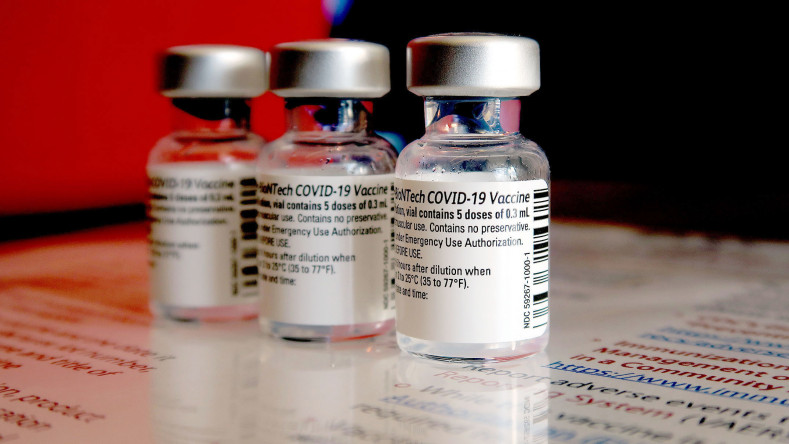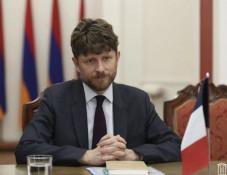
US will not donate coronavirus vaccines to developing countries until supply improves
The US will not donate any coronavirus vaccine doses to developing countries until there is a plentiful supply of jabs in the US, Biden administration officials said on Thursday in a firm rejection of a proposal made by Emmanuel Macron, president of France, the Financial Times reported.
Macron told the Financial Times this week that Europe and the US should urgently donate up to 5 per cent of their current vaccine supplies to developing countries, including in Africa, where Covid-19 inoculation campaigns have barely started and China and Russia are offering to fill the gap.
“Our current focus is on vaccinating Americans, getting shots in arms here,” one official said during a briefing with reporters. Another official said US President Joe Biden had asked administration staff to look into options for donating “surplus” vaccines “once there is a sufficient supply” to meet domestic demand.
However, the second official said the US would make $2bn of funding available “almost immediately” to Covax, the global initiative to supply vaccines to developing countries, with a further $2bn over the next two years.
“While we’re not able to share vaccine doses at this time . . . we’re working hard to support Covax and strengthen global vaccination around the world,” the official added.
The official said it was “absolutely imperative” to end the pandemic globally: “Pandemics travel, as we know. And we also know that the more disease that’s out there, the more likely we are to see additional mutations and variants.”
The funding commitment from the White House came as US vaccine developer Novavax, one of the surprise success stories in the race to develop jabs, announced a deal to supply 1.1bn doses to Covax.
Seth Berkley, chief executive of Gavi, one of the partners behind Covax, said the agreement brings them “one step closer” to ending the acute phase of the pandemic. “It helps us close in on our goal of delivering 2bn doses in 2021 and increases the range of vaccines available to us,” he said.
Related news
Newsfeed
Videos






























